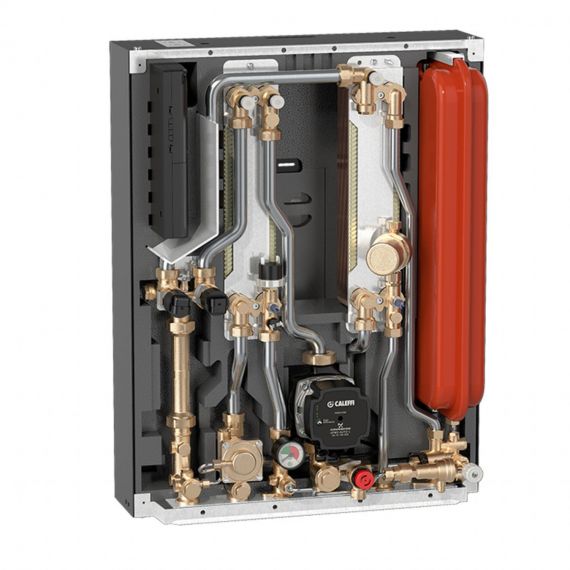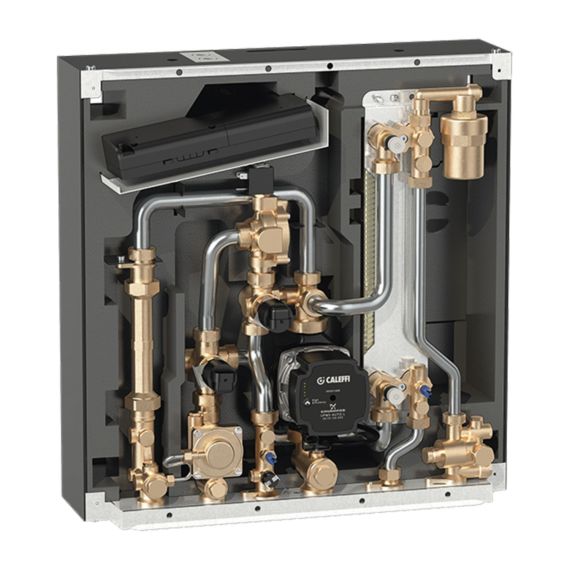How HIUs can help you design to low-carbon and renewable energy requirements
How HIUs can help you design to low-carbon and renewable energy requirements
The push for a sustainable future is driving regulations towards low-carbon and renewable energy sources for heating and hot water. This can be a challenge for building owners and developers, especially in existing structures. But fear not, there's a solution: Heat Interface Units (HIUs).
Traditional heating systems typically rely on individual boilers in each dwelling. HIUs take a different approach, working in conjunction with a centralised system. This intelligent equipment can complement the shift towards renewables and reduced carbon emissions:
Increased Efficiency and Lower Costs
HIUs often connect to a district heating system that can utilise more efficient methods of generating heat, like combined heat and power (CHP) or renewable sources like biomass, geothermal or solar thermal.
Reduced Carbon Footprint
Since HIU systems rely on a central heating plant, they eliminate the need for individual gas boilers in each dwelling. This can significantly reduce CO2 emissions, especially if the central plant uses renewable fuels. Similarly, when you consider the carbon emissions in the manufacture, and eventual disposal of each individual boiler, you really start to reduce your carbon footprint.
Better Control and Comfort
HIUs systems come with individual thermostats and controls, allowing residents to adjust the temperature to their preference and potentially reducing wasted energy.
Today's HIUs have come a long way. These advanced systems use variable-speed pumps and precise controls to guarantee efficient heating distribution. Some electronic HIUs even boast Modbus communication, allowing network operators to fine-tune each HIU remotely. This enables them to optimise heating for the entire network or even tailor it to the specific needs of individual apartments.
Improved Safety
By removing individual gas boilers, HIUs eliminate the risk of carbon monoxide leaks within living spaces. Of course, this is a huge safety benefit, but also an environmental benefit. Leaking gas is wasteful, dangerous and should be avoided at all costs. HIUs reduce risks, and should therefore be considered essential in their relevant heating systems.
If you're looking for ways to meet low-carbon and renewable energy requirements, HIUs are a strong option. They offer a cost-effective and efficient solution for both new construction and existing buildings.
Find out more by reading our blog: Five common misconceptions about Heat Interface Units (HIUs)
Get in contact with our team to determine if HIUs are the right fit for your specific needs.


